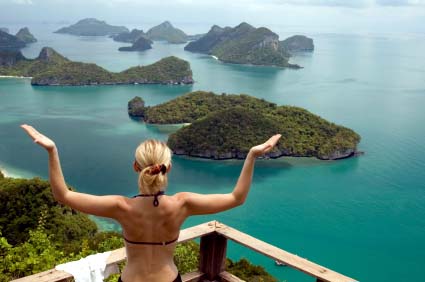 Seventeen Bulgarians drowned Saturday when a tourist boat carrying more than 70 passengers sank in Macedonia’s Lake Ohrid. Sofia declared September 7 a day of mourning for the victims.
Seventeen Bulgarians drowned Saturday when a tourist boat carrying more than 70 passengers sank in Macedonia’s Lake Ohrid. Sofia declared September 7 a day of mourning for the victims.
The list of Bulgarian casualties was made available at an emergency news conference held in Sofia by Prime Minister Boyko Borissov. There were 11 names on the list and a remark that three bodies have not yet been identified.
There were 55 Bulgarians on the sunken boat, of whom 40 survived and 15 drowned, including one child.
The boat, “Ilinden”, is believed to have sank as a result of being overloaded. The number of passengers on board was way more than the 47 people it was allowed to carry.
Eyewitnesses of the disaster told BTA that in addition to being overloaded, the boat also seemed very old.
According to the Macedonian Information Agency (MIA), the boat was built in 1924 in Germany and was refurbished once, in 1979.
Eyewitenesses’ account of the disaster indicate that the boat split in two and sank immediately, which did not allow any rescue action.
One of the survivors, Tsvetan Ninov, told BTA that they spent some 40 minutes in the water of Lake Ohrid. He recalled that it was minutes after the boat went into the lake when the passengers felt a tremour, the boat careened to one side and everybody fell into the water. They shouted for help. He remembers being picked up by another boat which threw life-vests and ropes.
Most of the Bulgarian victims are from the central Bulgarian towns of Zlatitsa, Pirdop, Chelopech and Anton. They were on a single-day trip to Ohrid. The boat was taking them to the St. Naum Monastery on a fare of 5 euro.
Prime Minister Boyko Borissov said the families of the victims will receive 10,000 leva (roughly equal to 5,000 euro) each in government aid.
He also told the news conference that Monday, September 7, will be a day of national mourning for the victims of the Lake Ohrid disaster. Also, all festivities scheduled for September 6 in celebration of the 124th anniversary of Bulgaria’s Unification have been called off.
Thirty-nine survivors are in a hotel in Ohrid and one is in hospital. The 39 were visited by Deputy Foreign Minister Raikov,
Health Minister Bozhidar Nanev and Transport Minister Aleksandar Tsvetkov who flew to Macedonia with a government aircraft. Two medical teams from the Military Medical Academy flew in with them to aid the injured. These include six specialists – a specialist in rescucitation, a stomach surgeon, a cardiologist, an anesthetist, two psychiatrists and two nurses.
The Bulgarian Defence Ministry has put on standby a Spartan aircraft ready to be sent to bring back home the bodies of the victims.
President Georgi Purvanov went to Ohrid to meet the survivors.














